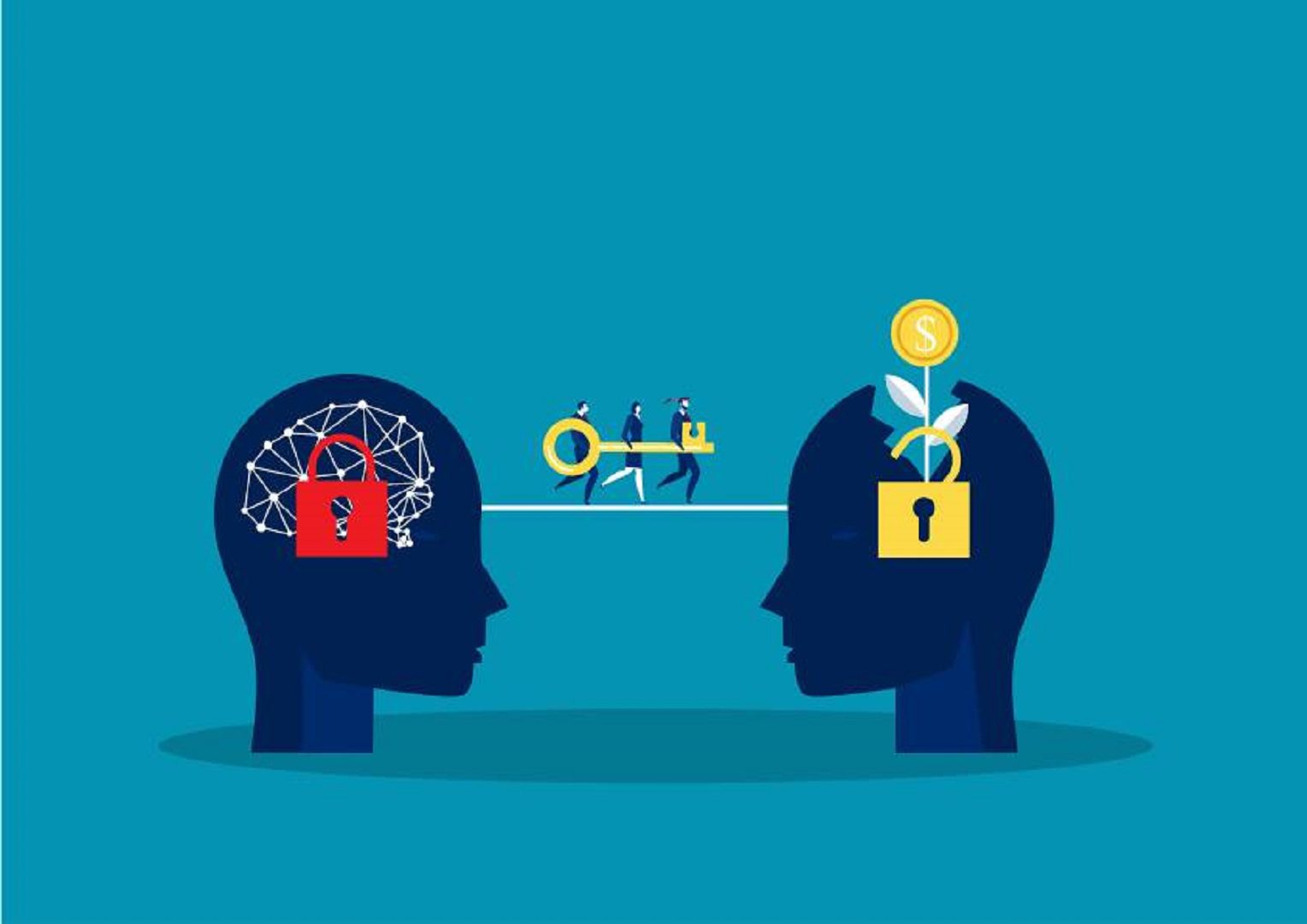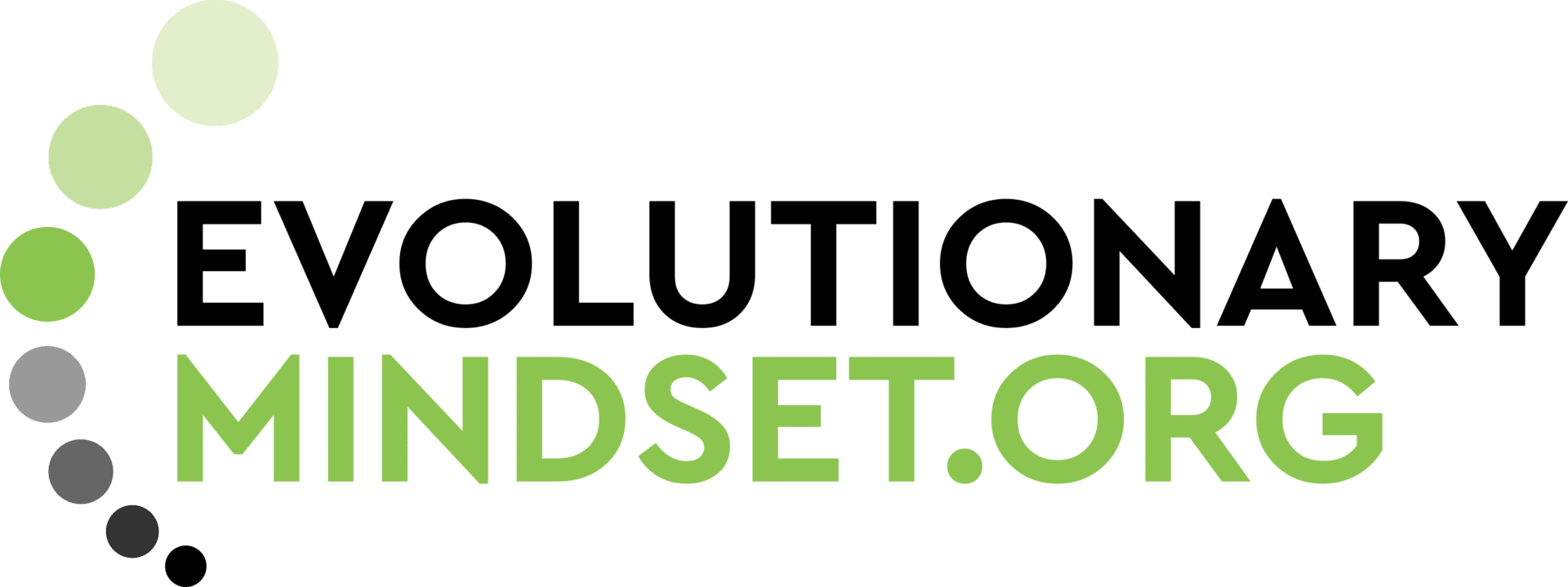
Conceptual Intelligence the Key to Adding Value
Conceptual intelligence is the capacity for understanding concepts. Regarding managing adaptive environments for innovation and growth, conceptual intelligence is the most advanced and helpful type of intelligence we can have. Conceptual intelligence is required in algebra, economics, human interactions, relations, philosophy, and morality.
Conceptual intelligence is the essence of human intelligence. It enables us to represent reality in concepts, think and understand concepts, learn more efficiently and deeply about concepts, and subsequently improve and evolve human knowledge.
In business, conceptual intelligence is necessary to generate value-added for relationships and the environment. Adding value is anything that improves the company’s business, whether it’s increasing sales, growing a customer base, providing better quality products to customers, or being prepared for unique situations.
An entity with a high capacity for conceptual intelligence would embody:
- Added value generation – the increase between the value of the inputs and outputs of an activity, process, service, individual, or organization.
- The entity’s influence on the environment and the ability to apply an evolutionary approach, using concepts to evolve and grow relationships within environments.
- Understanding and managing the unified field, which is comprised of the purpose, action principle (or maximum strategy for growth), and conservation principle (the minimum strategy for survival).
- Having conceptual intelligence ability leads to utilizing an evolutionary approach which enables an entity to better influence the environment while being influenced by it.
Conceptual thinking skills: - Conceptual thinking skills include the ability to develop innovative ideas, collaborate with others, and form strategic plans. For some, conceptual thinking comes naturally, but we can all improve our conceptual thinking skills by practicing big-picture thinking before starting a task.
- Strategic planning capacity – the ability to conceptualize broad strategies to accomplish the purpose (vision/believed future scenario) and apply intentionality to manage action and energy conservation principles.
- Time management focus – the ability to effectively manage time composure and sustainability with a focus on results.
Evolutionary Approach:
Conscious intelligence allows adapting to the environment based on the knowledge of the concepts and how they are being managed. It is based on value-adding to ensure growth and complementation to ensure survival. This approach enables one to better influence the environment while being influenced by it.
Levels of Conceptual Intelligence:
There are different levels of conceptual intelligence depending on the entity’s ability in acquiring, processing, and storing information. Intelligence ranges from the cognitive, and mental abilities of the entity as well as the higher reasoning and emotional capacity for problem-solving, decision-making, learning, and adapting.
Intelligence often comes from learning from experience or the acquisition, retention, and use of knowledge in adapting or adjusting future thoughts, emotions, and actions.
Intelligence is closely related to solving problems, using what one has learned to come up with solutions to problems, and entities that perform well on cognitive tests tend to perform well on other tests.
Levels of conceptual intelligence range from operational to analytical to conceptual. - Operational thinking is often considered “systems thinking.” The core of a systems thinking mindset revolves around how a thing functions.
- Analytical thinking focuses on identifying and defining problems and extracting key information from data to solve problems.
- Scientific thinking is based on intentional knowledge seeking, including asserting hypotheses, observing patterns, and establishing measurable conclusions.
- Conceptual thinking requires individuals to connect two seemingly unrelated ideas to deepen their understanding of a concept and develop fresh, innovative ideas. A conceptual thinker can apply the function of one system to another.
The Value of Conceptual Thinking:
Conceptual thinking enhances your job performance and satisfaction and often enables you to advance in your career. Employees who are critical thinkers connect hypothetical ideas and come up with innovative ways of solving challenges in their workplace.
Many entities with conceptual thinking ability increase the total outcome of the group in other words, more employees with high conceptual intelligence leads to a company with higher conceptual ability and more likely to grow.
Other benefits of conceptual thinking include open-mindedness which helps with coming up with concrete solutions in reaching the goals.
Also, conceptual thinking increases motivation and the appreciation for the reasons behind a project’s desire to complete it.
Conceptual thinking is vital for leadership, especially for upper management and middle management. Conceptual intelligence enhances the ability for abstract thinking in developing solutions that improve productivity.
